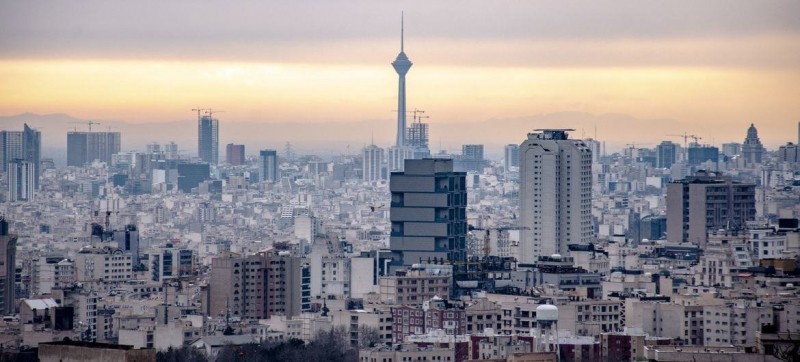A view of Tehran, Iran’s capital city. The UN human rights office, OHCHR, is urging Iran to call off plans to amputate the fingers of eight prisoners convicted of burglary, Spokesperson Ravina Shamdasani said on Wednesday. The men were sentenced to “have four fingers on their right hands completely cut off so that only the palms of their hands and their thumbs are left”.
OHCHR is deeply concerned that the amputations are imminent.
Guillotine already installed
Of the eight prisoners, seven were identified as Hadi Rostami, Mehdi Sharafian, Mehdi Shahivand, Amir Shirmard, Morteza Jalili, Ebrahim Rafiei, Yaghoub and Fazeli Koushki.
Seven are currently being held at the Greater Tehran Central Prison, and the whereabouts of Mr. Rostami are unknown after he was transferred from the prison on 12 June.
“All of them are likely to be transferred to Tehran’s Evin Prison, where reports indicate a finger-cutting guillotine was recently installed and reportedly used on 31 May to amputate the fingers of one other prisoner,” said Ms. Shamdasani.
A first attempt to transfer the men took place on 11 June but was halted due to resistance from fellow prisoners, she added.
End corporal punishment
Iranian civil society organizations report that at least 237 people, mostly from poorer segments of society, were sentenced to amputations between 1 January 2000 and 24 September 2020.
Sentences have been carried out in at least 129 cases.
“We also call on Iran to urgently revise its criminal penalties to do away with any form of corporal punishment, including amputations, flogging and stoning, in line with its obligations under international human rights law and consistent with recommendations of UN human rights mechanisms,” said Ms. Shamdasani said.
She recalled that the country is party to the International Covenant on Civil and Political Rights, which prohibits torture, or other cruel, inhuman or degrading punishment.




Comments are closed, but trackbacks and pingbacks are open.